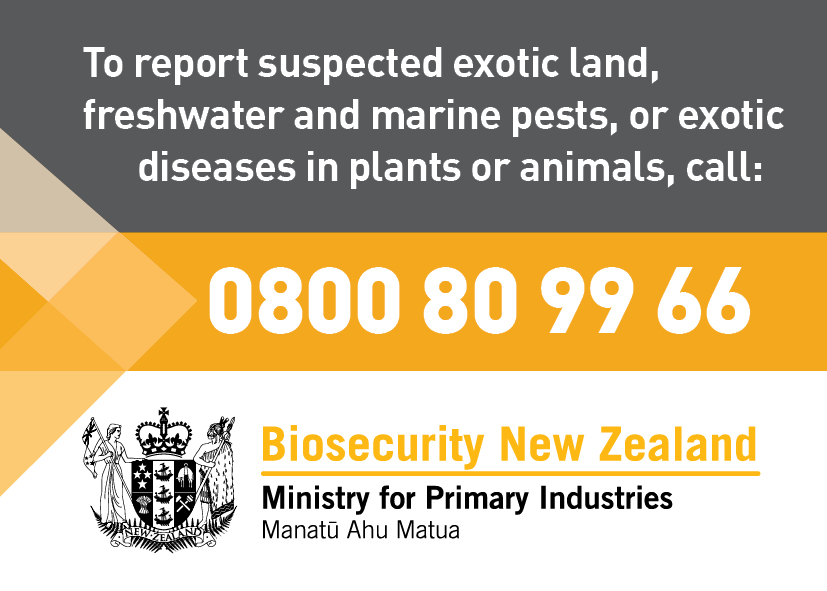LYNSEY EARL & JOHN O’CONNELL (MPI)
The recent outbreak of foot-and-mouth disease (FMD) in Indonesia (after being free from the disease for 36 years) is a timely reminder of the need for ongoing vigilance for exotic, new, and emerging diseases.
Whilst it’s important for veterinarians to know the signs of FMD, there are numerous other exotic diseases and it’s difficult for veterinarians to be aware of them all. Furthermore, there is always the possibility of new pathogens emerging in any population.
It therefore may be more helpful to be aware of the general indicators of an exotic, new or emerging disease in a population. These include:
> An unusual number of sick or lame animals
> Animals with unusual signs or a combination of signs not usually seen
> Sick animals not responding to standard treatment
> An unexpected drop in production
> Unexpectedly poor reproductive performance
Some of these indicators could also signal the first appearance of an endemic disease in a herd or flock. They can therefore be useful to share with your farmer clients to ensure that they seek your timely input with these cases.
If you have a case where you suspect an exotic, new or emerging disease, then please call Biosecurity New Zealand’s Exotic Pest and Disease hotline on 0800 80 99 66 to discuss the case further.
What happens when you call the hotline?
Your call will first be answered by a call centre, so that it can be directed to the Animal Health team (this number is also used for aquatic and plant notifications). At this stage you only need to provide a very brief description of what you’re calling about, such as “I’m a veterinarian wanting to notify about oral lesions in cattle”. One of our veterinary incursion investigators will then phone you back to discuss your case with you.
There are three main outcomes following this discussion:
· Your notification is not investigated as the incursion investigator is satisfied that disease or pest is endemic. However, it will still be recorded in our database, therefore contributing to our national surveillance system;
· The incursion investigator will facilitate and fund a diagnostic work-up with you and your veterinary laboratory to exclude exotic differentials and determine an endemic diagnosis;
· Least often, where a highly contagious, high impact disease such as FMD is being considered, the Initial Investigating Veterinarian (IIV) Network may be activated.
The IIV Network is a formal network of 30 veterinarians throughout New Zealand who receive biennial training in exotic diseases – primarily vesicular disease. Once requested, IIVs are required to attend, investigate, and report on a suspected vesicular disease within 5 hours.
If an IIV attends the farm, Biosecurity New Zealand will usually ask you to assist and will pay for your time. The IIV will conduct a clinical and epidemiological assessment and will report their findings back to the incursion investigator. If an exotic disease cannot be ruled out, the incursion investigator will visit the property to investigate further and may collect samples for exotic disease testing.
If exotic diseases are ruled out, the incursion investigator will continue to fund and facilitate a diagnostic work up to help you reach an endemic diagnosis.
Interested in reading about a case where the IIV network was activated? Click here.
For more information on exotic animal disease surveillance, please visit: mpi.govt.nz/vetsurveillance.

